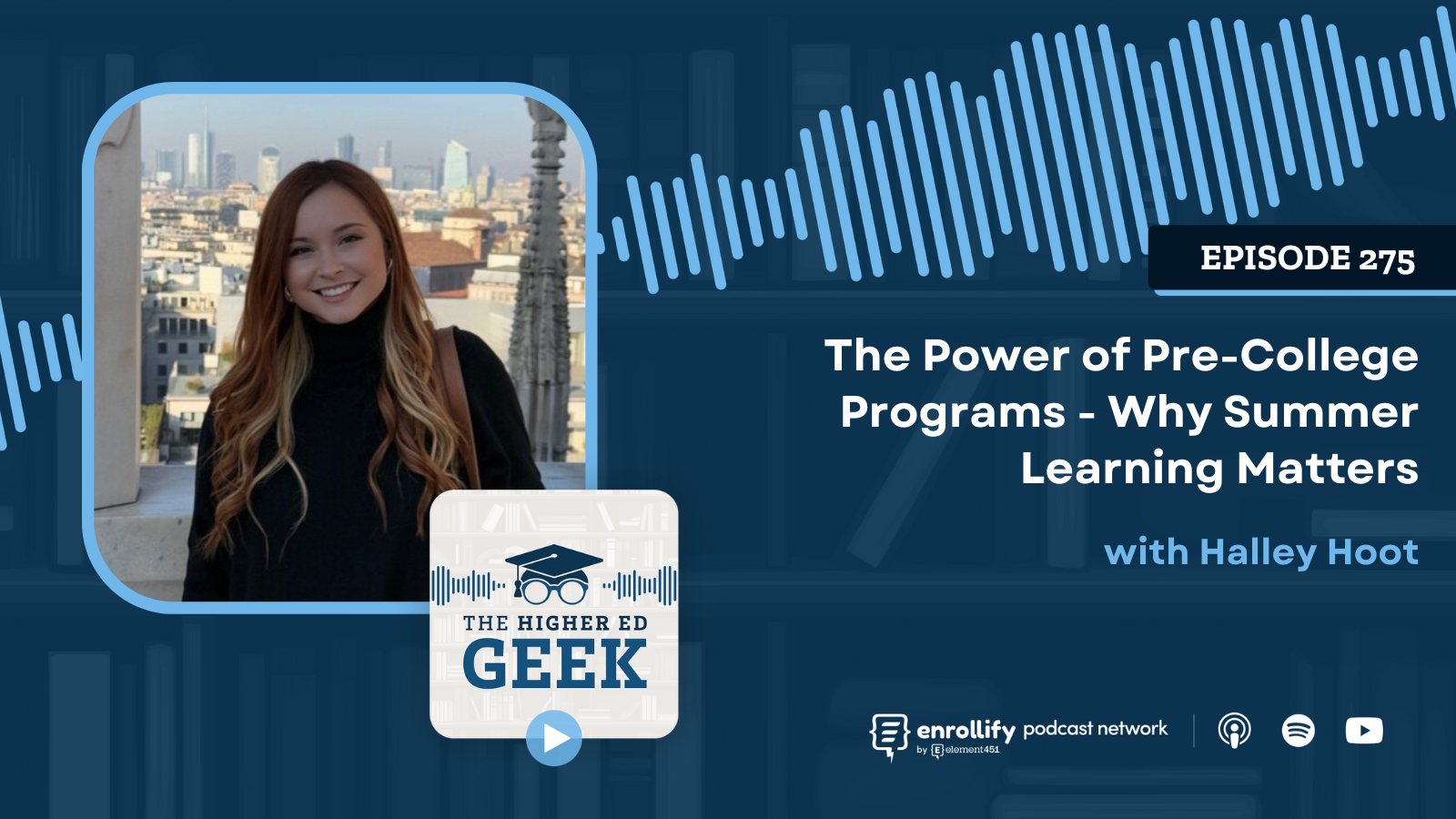About the Episode
About The Episode:
Welcome to Reclaiming Free Speech, Democracy, and Discourse on Campus a Post Election America. I’m Dr. J. Cody Nielsen, Host of After Further Consideration. No matter the outcome, the 2024 election will set the stage for the next decade of higher education. In this Pulse Check series I’ll interview policy makers and practitioners to discuss their outlook on higher education, the ways in which we might reestablish higher education’s public trust, and what a post 2024 election will look like on campus. From expression of speech to civil democracy and discourse, America’s higher education system is at a dramatic turning point and we’re here to break it down. Let’s dive into today’s episode.
Key Ideas:
- Intersections of restorative and trauma informed justice with the future of DEI in higher education.
- Conversation around how we are approaching harm and healing in higher education.
- Institution of care, compassion, and community into the next few years of higher education.
- We require the development of people’s patience in order for progress in social issues to be made in society.
- It’s time to repurpose identity-based spaces to those of caucusing spaces for individuals to collectively grieve and interrogate their roles in white supremacy.
In this episode of Reclaiming Free Speech, Democracy, and Discourse on Campus: A Post-2024 Election America, Dr. J. Cody Nielsen hosts Dr. Peter Levine, Associate Dean at Tufts University and an expert on civic democracy. Just days after the 2024 U.S. presidential election, they unpack the election’s implications for higher education, civic democracy, and the role of college campuses in fostering meaningful dialogue and civic engagement. Dr. Levine provides a compelling perspective on the intersection of education and democracy, while discussing actionable strategies to address polarization and improve civic education.
Key Takeaways
- Shifts in Youth Engagement: While youth voter turnout has improved, today’s students are more critical of social media’s role in public discourse and democracy.
- The Role of Higher Education: Colleges are pivotal in teaching nonviolence, civic history, and bridging ideological divides while navigating heightened polarization.
- Practical Civic Education: Institutions must focus on actionable outcomes, like developing research-based initiatives on civic issues rather than performative statements.
- Opportunities Amid Challenges: Despite political instability, fostering consensus in civic education and equipping students with tools for nonviolent activism is essential.
- Resilience and Positionality: Faculty and administrators, especially those with privilege, must stand up for civic democracy and support those most vulnerable to harm.
Episode Summary
How Has Civic Democracy Evolved in Higher Education?
Dr. Levine traces the trajectory of civic democracy on campuses since the 1980s, when declining civic engagement was the primary concern. Over the decades, institutions created programs to encourage volunteering and voting. Today, student engagement has improved, but challenges like hyper-partisanship and misinformation demand a new focus. Dr. Levine emphasizes the academic component of civic engagement, advocating for curriculum-driven approaches to understanding polarization and political instability.
What Role Do Colleges Play in Civic Renewal?
Colleges have shifted their approach to civic democracy. Dr. Levine argues for a dual focus on experiential learning and academic rigor. By teaching students the historical roots of democracy and the strategies behind nonviolent activism, institutions can empower students to engage critically with the world. He also highlights the importance of equipping students with tools to navigate political instability, a reality given the nation’s polarized climate.
What’s Next for Campuses in a Post-2024 America?
The 2024 election results underscore deep ideological divisions that will likely manifest on campuses. Dr. Levine predicts a variety of responses, from mobilization to potential conflicts, depending on a campus's political makeup. He advises administrators to avoid performative neutrality while actively contributing to meaningful civic outcomes. For instance, rather than issuing generic statements, institutions can invest in programs addressing key issues like climate change or racial justice.
How Can Civic Education Bridge Divides?
Dr. Levine’s work with the Educating for American Democracy Roadmap demonstrates the potential to find common ground in civic education. By fostering consensus among ideologically diverse stakeholders, this initiative has advanced a more balanced curriculum. He stresses that bridging ideological divides requires patience and strategic dialogue, noting that collaboration with "responsible conservatives" has yielded significant progress.
Advice for Higher Ed Professionals: Responding to Political Tensions
Dr. Levine encourages faculty and administrators to recognize their positionality and use their privilege to take meaningful action. He emphasizes the need to prepare for heightened political tensions while remaining committed to fostering discourse and activism on campus. Acknowledging the emotional toll of political challenges, he advocates for resilience, urging educators to find purpose and satisfaction in their contributions to democracy.
Enrollify is produced by Element451 — the next-generation AI student engagement platform helping institutions create meaningful and personalized interactions with students. Learn more at element451.com.
Attend the 2025 Engage Summit!
The Engage Summit is the premier conference for forward-thinking leaders and practitioners dedicated to exploring the transformative power of AI in education.
Explore the strategies and tools to step into the next generation of student engagement, supercharged by AI. You'll leave ready to deliver the most personalized digital engagement experience every step of the way.
👉🏻 Register now to secure your spot in Charlotte, NC, on June 24-25, 2025! Early bird registration ends February 1st.















